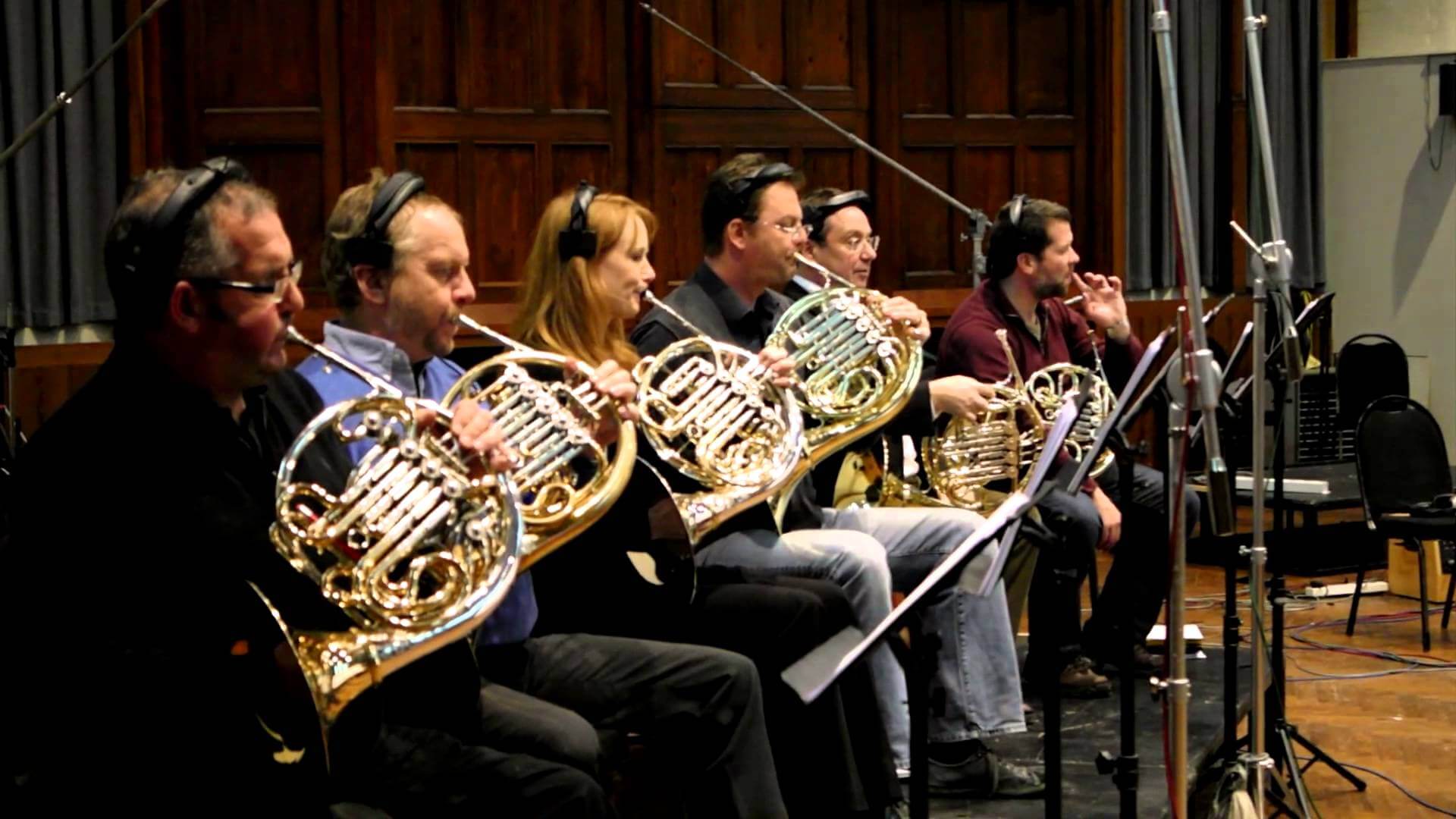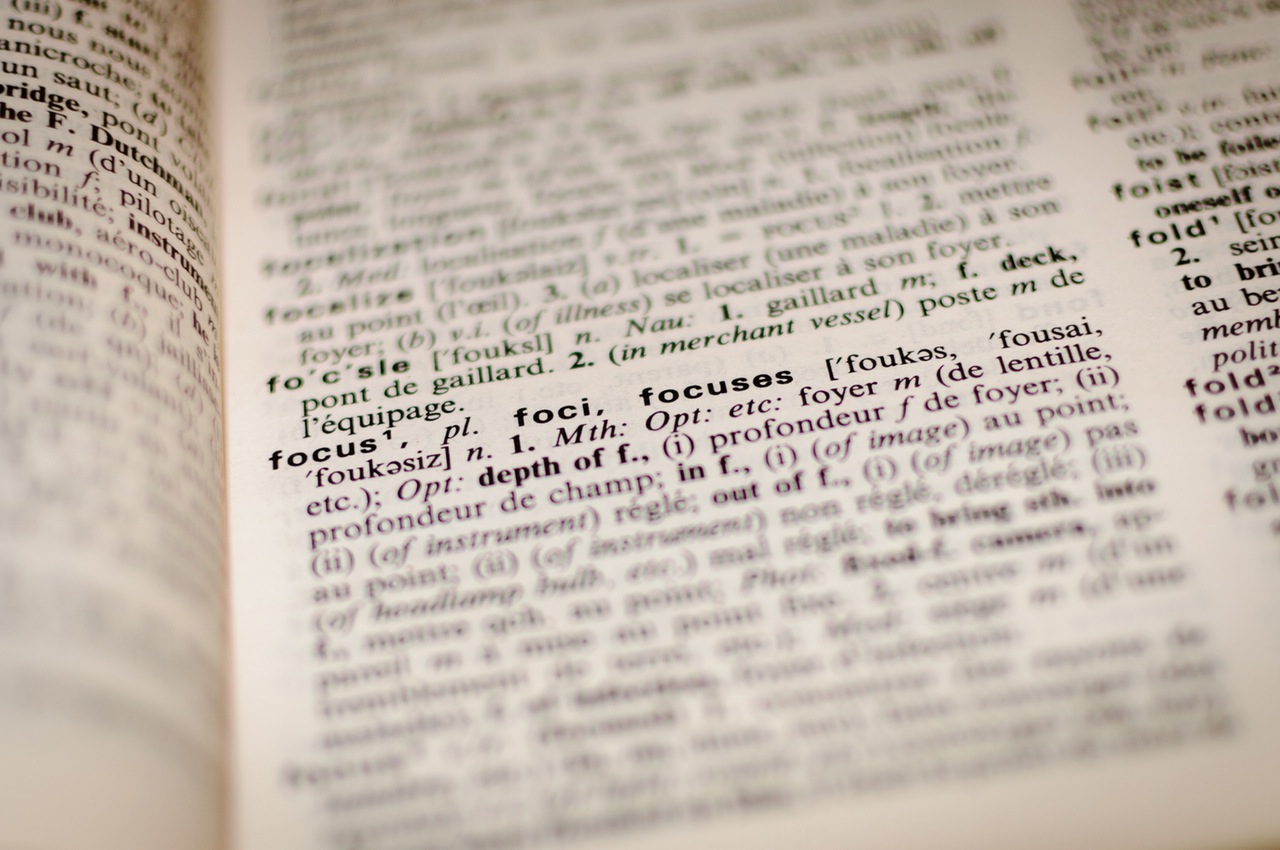With all that’s been going on in 2020 so far, this didn’t really register at all at the time, but one of the grandfathers of the science behind learning, Anders Ericsson, passed away last month.
Expert of Expertise
Anders Ericsson was a cognitive psychologist and one of the foremost experts on how people get really good at things.
His body of work does a fantastic job at demystifying the idea of the “natural prodigy”. Instead of assuming some people are naturally gifted at unnatural acts (like violin or golf) he began examining common actions taken by great performers in all fields. He took those steps and developed a repeatable set of actions that he called deliberate practice.
In doing so, he revolutionized the training in all manner of skill- and knowledge-based fields. From the Olympics to chess to music, the results and influence of Ericsson’s research have been incredible.
Learn Deliberate Practice
At it’s most simplistic, Ericsson’s idea of deliberate practice involves:
- Breaking down a large skill into smaller components.
- Practice only those small skills, separate from the overall context
- Get immediate (or as close to it as possible) feedback on how successfully you perform one small task.
- Gradually increase the difficulty level of the smaller tasks, eventually working back up to the larger skill you started with.
These steps are simple, but they are not easy.
However, if you can keep these steps in mind whenever you’re learning a new skill, technique, or piece of music, you will see much faster progress over the long term.
Deliberate Practice Resources
One of the most important things that Anders Ericsson did was to popularize the idea of deliberate practice to a much wider audience. To that end, there are a tremendous number of resources for those who want to learn more about how to learn most efficiently.
Here are some of my favorite books on deliberate practice:
- Peak: Secrets from the New Science of Expertise – Anders Ericsson
- Talent is Overrated – Geoff Colvin
- Deep Work – Cal Newport
- The Talent Code – Daniel Coyle
- Grit – Angela Duckworth
- Outliers – Malcom Gladwell
If you’ve not read any books about the topic, any of these will be good places to start.
If you’re wanting to get better at a skill, remember that it’s not about the quantity of practice alone that matters (so Malcom Gladwell’s 10,000 hour rule is only half right). It’s the quantity of quality practice that will determine how fast you improve (or don’t).
If you find yourself stuck in a rut, make sure you’re following the 4 steps of deliberate practice whenever you’re working. And next time you’re tempted to write off someone as a “prodigy” or “natural talent”, remember Anders Ericsson and look for the deliberate practice.





